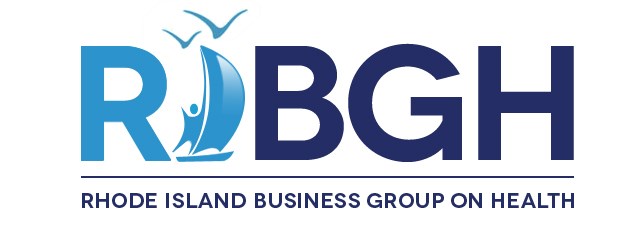Source: The National Alliance of Healthcare Purchaser Coalitions
On Friday, March 27, the Coronavirus Aid, Relief, and Economic Security (CARES) Act was signed by President Trump after passing both the House and Senate earlier in the week. This $2.2 trillion stimulus package is wide-reaching and intended to provide economic relief for the individuals and businesses hit hardest by the coronavirus pandemic and the resulting financial downturn. This Health Policy in Transit explains the main provisions most likely to affect employers, including what is required in terms of coverage of COVID-19 testing and treatments.
Coverage of COVID-19 Testing and Treatment
- Section 3201 requires group health plans to cover COVID-19 screening and the related office visit without cost sharing, which includes COVID-19 tests that may not have been approved by the U.S. Food and Drug Administration. We understand this provision to be effective upon enactment of the CARES Act.
- Section 3202 requires that group health plans providing COVID-19 testing must reimburse the provider in the amount of (1) the negotiated rate, if in effect before the public health emergency began, or (2) if not, an amount that equals the cash price as listed by the provider on a public internet website, or a negotiated rate with the provider for less than the cash price. We understand this is effective upon enactment of the CARES Act, and not retroactive.
- Section 3203 requires group health plans to cover, without cost-sharing, “qualifying coronavirus preventive services,” which are items, services and immunizations intended to prevent or mitigate COVID-19 that receive a rating of “A” or “B” from the U.S. Preventive Services Task Force (USPSTF) or a recommendation from the CDC Advisory Committee on Immunization Practices (ACIP) with respect to the individual involved. This requirement will apply 15 business days after the recommendation is made by the USPSTF or ACIP.
Telehealth
- Section 3701 allows a high-deductible health plan (HDHP) with a health savings account (HSA) to cover telehealth services prior to a patient reaching the deductible, without regard to whether the telehealth services relate to COVID-19. This provision is effective upon enactment and lasts through plan years beginning in 2021.
Over-the-Counter Medical Products without a Prescription
- Section 3702 allows for account-based plans, including HSAs, FSAs and HRAs, to reimburse individuals for the purchase of over-the-counter medical products without a prescription from a physician, regardless whether the product is related to treatment of COVID-19. This reverses a restriction imposed by the Affordable Care Act. These changes are effective for amounts paid/expenses incurred after 2019 and seem to apply indefinitely.
Expansion of DOL Authority to Postpone Certain Deadlines
Section 3607 amends Section 518 of ERISA to provide DOL the ability to postpone certain ERISA filing deadlines and provide other relief for a period of up to one year in the case of a public health emergency.
What’s not included?
A few things noticeably left out of the CARES Act include:
- Besides the HSA OTC provision, there is nothing to address prescription drug pricing. No portions of H.R. 3 or other existing drug pricing legislation were included in the CARES Act.
- There is nothing in the package to address the larger issue of surprise billing. Section 3202's requirement that providers publish "cash" prices for COVID screening is a very small step toward increased transparency.
The good news is that the Act seems to have bought more time on these issues, since the health care "extenders" set to expire May 22 were extended into November via this bill. The bad news is that means drug pricing and/or surprise billing legislation will need to be addressed in a lame duck session of Congress.
It is difficult, though not impossible, to pass major bipartisan legislation during a lame duck session. We and our partner organizations are relooking at both of these issues and will share more information as it becomes available.
See Recent National Alliance Survey on COVID-19 Benefits & Policy Directions.
